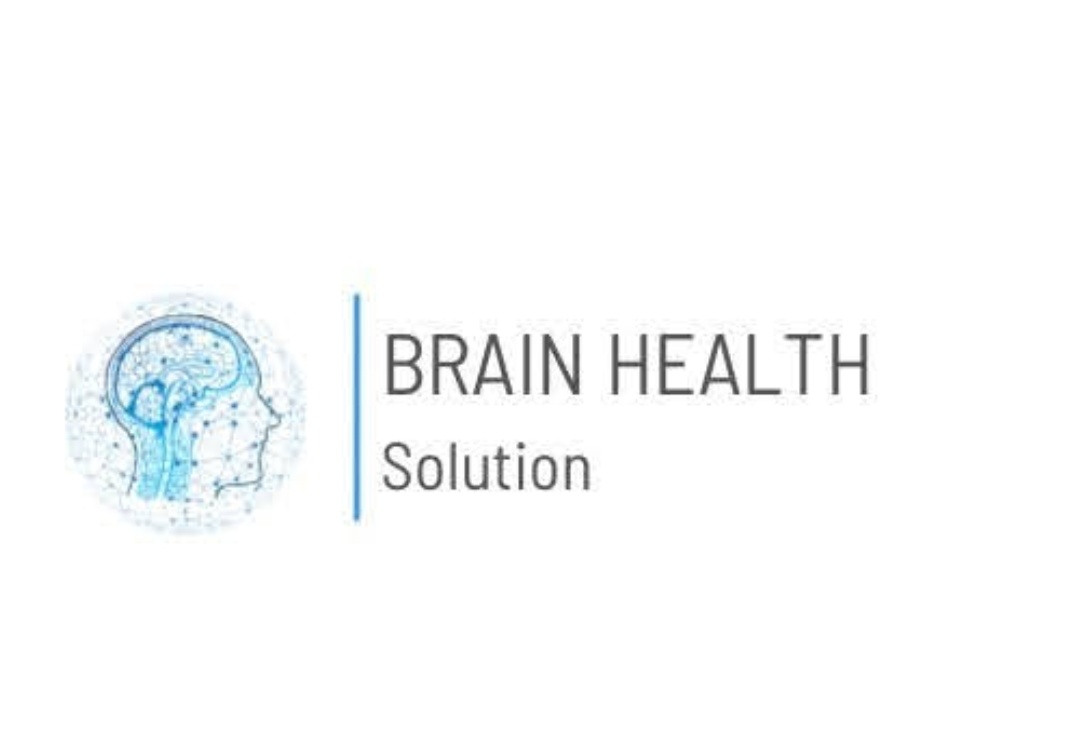Brain Health 101: Tips to Improve Memory and Focus
- Admin

- Jun 6, 2025
- 3 min read
Updated: Jul 4, 2025

Your brain is the command center for your thoughts, emotions, and movements. Although it weighs just about 3 pounds, it holds the key to your personality, memories, and every action you take. Protecting and nurturing your brain is vital to maintaining mental sharpness and well-being.
Millions of neurons in your brain communicate with the rest of your body, controlling everything from muscle movement to memory and cognitive function. Unlike other cells in your body, brain cells don’t regenerate easily once damaged. That’s why taking care of your brain is crucial to prevent cognitive decline and conditions like Alzheimer’s or Parkinson’s disease.
Here are 8 proven brain health tips you can start applying today for a healthier, more resilient mind:
Brain Health Tips :
1. Stay Physically Active to Boost Brain Power
Regular exercise is one of the best ways to protect your brain. Physical activity improves blood flow, promotes new brain cell growth, and supports memory and cognitive function. Studies show that exercise can lower the risk of Alzheimer’s disease and other forms of dementia.
Aim for at least 150 minutes of moderate aerobic exercise per week — think brisk walking, swimming, or cycling. If you prefer something more intense, 75 minutes of vigorous activity like jogging or running also works. Even short 10-minute walks throughout your day can make a difference.
2. Protect Your Brain by Preventing Injuries
Brain injuries can cause long-lasting damage to thinking, memory, coordination, and emotional health. Always wear a helmet when biking, skiing, or riding motorcycles and ATVs. Buckle up every time you drive, and make your home safer by removing tripping hazards like loose rugs and cluttered stairways.
Falls and accidents are major causes of head injuries, so stay alert and take precautions to keep your brain safe.
3. Manage Your Health Conditions Effectively
Chronic illnesses such as diabetes, high blood pressure, and heart disease can increase your risk of stroke and cognitive decline. Properly managing these conditions under your healthcare provider’s guidance helps protect your brain from damage.
If you don’t currently have these conditions, talk to your doctor about lifestyle changes and preventive measures to keep your brain healthy.
4. Stay Socially Connected
Social engagement is crucial for mental health. Interacting with friends and family can reduce stress and depression, both of which negatively affect memory. Loneliness and social isolation have been linked to an increased risk of cognitive decline and Alzheimer’s disease.
Make it a habit to reach out, join clubs, or participate in community events to keep your mind active and emotionally supported.
5. Prioritize Quality Sleep Every Night
Sleep is essential for brain repair, memory consolidation, and mental clarity. Adults should aim for 7 to 9 hours of uninterrupted sleep each night. If snoring or daytime tiredness disrupts your rest, consult a healthcare professional, as it may indicate sleep apnea or other disorders that impact brain health.
Good sleep habits improve mood, reduce stress, and help your brain function at its best.
6. Follow a Brain-Healthy Diet
Nutrition plays a major role in brain function. The MIND diet—a combination of the Mediterranean and DASH diets—is proven to support cognitive health and reduce dementia risk.
Focus on:
Leafy greens and a variety of vegetables
Fresh berries and nuts
Whole grains, poultry, and fish
Limit intake of butter, cheese, red meats, and sweets for optimal brain benefits.
7. Challenge Your Mind Regularly
Keeping your brain active helps maintain cognitive abilities and memory. Engage in mentally stimulating activities like puzzles, reading, learning a musical instrument, or trying new hobbies.
Volunteering or taking classes can also provide social interaction and mental exercise simultaneously.
8. Use Medications Wisely and Limit Alcohol Intake
Certain medications and substances, including alcohol, can affect brain communication and cognitive function. Always follow prescribed dosages and consult your doctor about any concerns.
If you drink alcohol, keep it moderate — up to one drink per day for women and two for men. Excessive drinking increases fall risk and can worsen conditions like high blood pressure and diabetes, further impacting brain health.
Protect Your Brain — Start Today!
A healthy brain is your most valuable asset. Incorporate these tips into your daily routine to boost brain function, reduce the
Risk of cognitive decline, and improve overall quality of life.
For more expert guidance on brain health, memory support, and cognitive wellness, visit Brain Health Solution. Related Post: Top Strategies for Managing Anxiety and Depression
.png)



Comments